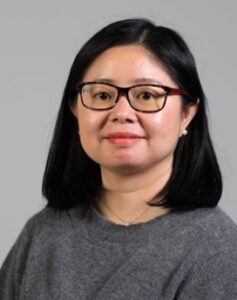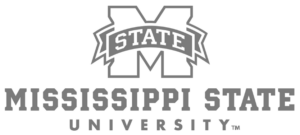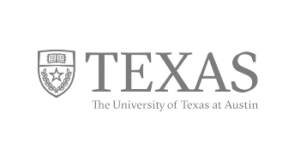Baylor University’s groundbreaking research in fuel-flexible combustion technology has garnered national attention, as Lulin Jiang, Ph.D., along with her esteemed team, has been accepted into the National Science Foundation’s prestigious National I-CorpsÔ program. This recognition underscores the potential impact of their project, titled “Translation of a Fuel-Flexible Combustion Technology to the Marketplace via Entrepreneurship Training.”

Dr. Lulin Jiang, PI
The I-Corps program prepares scientists and engineers to extend their focus beyond the university laboratory—accelerating the economic and societal benefits of NSF-funded and other basic research projects that are ready to move toward commercialization.
The I-Corps team comprises a diverse array of experts, each bringing unique skills and perspectives to the table. Led by Jiang, who serves as the Principal Investigator and co-Technical Lead, the team includes Baylor Ph.D. students S M Rafiul Islam and Md Fahad Hossain Mishu as Entrepreneurial Leads, Baylor postdoc research associate Barah Ahn, Ph.D., as the Technical Lead, and John Crandall, business development director in Baylor’s Office of the Vice Provost for Research, as the Industry Mentor. This collaboration bridges academia and industry, leveraging their collective expertise to propel innovative research into real-world applications.
“Celebrating this acceptance into the NSF’s National I-Corps program is a testament to the collaborative efforts and dedication of our team,” Jiang said. “We are deeply grateful for the support and guidance provided by the NSF Southwest I-Corps Hub, whose commitment to fostering innovation has been instrumental in propelling our research forward. This opportunity not only validates the significance of our work but also reinforces our resolve to translate academic discoveries into impactful solutions for societal benefit.”

Dr. Barah Ahn, TL
Jiang’s pioneering work in thermal fluid systems and combustion technologies has laid the foundation for this endeavor. Her recent invention, a fuel-flexible injector, demonstrates transformative potential in enabling near-zero-emission combustion with high efficiency and resilience across various combustion and propulsion systems. With support from Crandall and his team at Baylor, Jiang’s research is poised to make significant strides in addressing pressing environmental challenges.

S.M. Rafiul Islam, EL
Islam and Mishu bring invaluable expertise in combustion science and mechanical engineering to the team. Their contributions, coupled with Ahn’s experience in experimental thermofluids systems, position the team for success in translating their research into impactful solutions.
The team’s project builds upon previous NSF-funded research, including the ongoing NSF CIVIC Innovation Challenge Award. This initiative focuses on developing a Climate-Smart, Waste-Energy Combustor (CSWEC) that integrates Baylor’s novel fuel injector technology. The CSWEC aims to revolutionize waste-to-energy processes by enabling complete combustion of various waste-based fuels, thus minimizing environmental impact and promoting energy resilience.

Md Fahad Hossain Mishu, EL
The commercialization potential of this core technology holds immense promise, with applications spanning waste management, energy generation and environmental sustainability. By targeting customers such as waste management companies, flare system manufacturers and gas turbine industries, the team seeks to address critical needs in methane emissions reduction and clean energy production.
The project plan outlined by the team includes conducting interviews with potential customers, developing a robust business model canvas and assessing the feasibility of commercialization. This comprehensive approach underscores the team’s commitment to bridging the gap between research and market implementation.

John Crandall, IM
In addition to its scientific significance, this initiative holds broader societal implications, including job creation, environmental stewardship and economic growth. By pioneering innovative solutions to pressing challenges, Jiang and her team exemplify Baylor University’s commitment to advancing knowledge for the betterment of society.
As the team embarks on this entrepreneurial journey, their participation in the NSF’s National I-Corps program represents a pivotal milestone in translating academic research into tangible benefits for communities and industries alike. With dedication, expertise and collaborative spirit, Jiang and her team are poised to make a lasting impact in the realm of clean energy and environmental sustainability.
Learn more about the NSF I-Corps program and apply for the next cohort online. For more information and to learn more about the NSF I-Corps program, contact Weston Waldo at weston.waldo@austin.utexas.edu.








